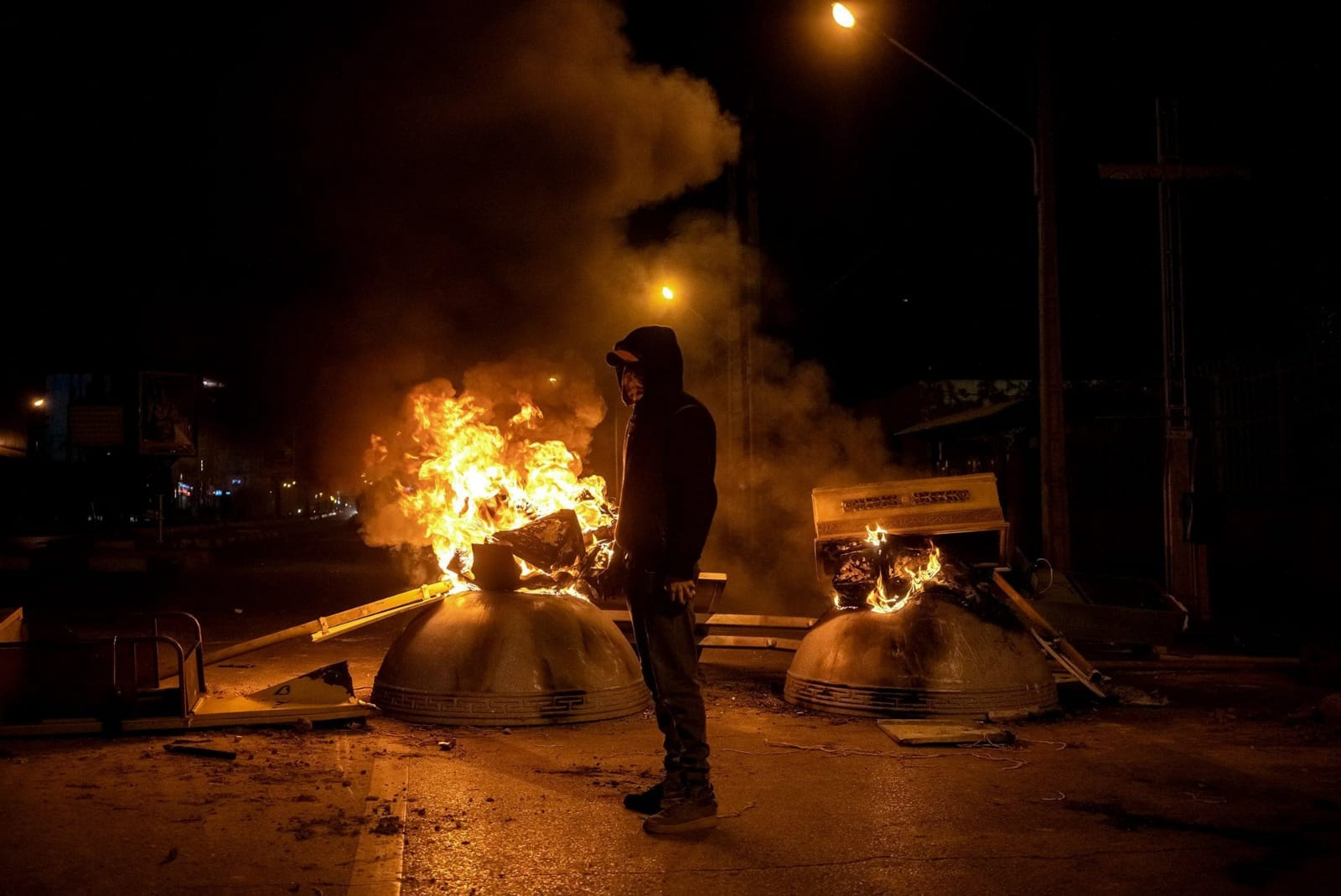Here is a brief report from a member of Plan C MCR’s International Networking Working Group discussing a recent event in Germany.
Plan C are interested in making political connections with fellow travelers both here in the UK and internationally. This is a brief report about one of our recent trips to Germany to participate in the …ums Ganze! ((trans: …the Whole!) ) congress which was held in Berlin. uG! are an anti-capitalist organization based in Germany and Austria. They made their first public appearance during the anti-G8 protests in Heiligendamm, Germany, in 2007. Many of the groups emerged from the large antifa campaigns active in the 1990s against a wave of nationalist and racist activity in the wake of German re-unification. The alliance currently consists of 11 groups who are involved in their own local struggles and also in organizing national campaigns. They were heavily involved in the M31 European day of action and mobilized for Blockupy in Frankfurt. If you would like to know more about their organization there are several articles in English on their website, you can access them here.
We have been building a relationship with uG! for a while now. In 2012 Plan C were invited by uG! to speak on a panel at the Blockupy mobilisation in Frankfurt and we have been in contact since then. We were delighted to be invited to speak at the recent uG! national congress, “Politics in the Crisis”, which took place in Berlin between the 5 – 7 of July. As the title would suggest this congress was a chance to discuss the crisis, its international dimensions and some of the responses to it from both the left and the right. Plan C were invited to participate in two discussions, the first being a workshop addressing the current political situation in the UK with the UK Antifa network and the other being a plenary session on international co-operation and organizing against the crisis alongside uG!, and Alpha Kappa and the radical newspaper Drasi who are organizations based in Greece.
Between 400 – 600 people attended the congress to hear a variety of speakers, including academics and members of other organizations besides uG!, on a range of theoretical and more concrete topics. These ranged from theories on the crisis, campaigns in Greece, critiques of the idea of “real democracy”, the crisis of social reproduction and international antinationalism. It seemed that the main tension which ran throughout the congress seemed to be between those who desired to develop principled, sophisticated critiques and preferred to work with those who agreed with these positions and those wanting to “get their hands dirty” by organizing around existing social conflicts and working through the contradictions this leads to. The debate around uG! involvement in Blockupy is where this tension was made concrete, particularly in the so called “uG! vs. uG!” discussion where the internal discussions around Blockupy were made public. Some people were arguing that Blockupy was an opportunity to make an intervention into the politics of the crisis. More sceptical members of uG! doubted how much of an impact participation could make and were worried about losing touch with daily struggles by focusing on one-off, spectacular events.
These debates continued through the plenarythat Plan C took part in (audio link here – In English from the second minute) The uG! speaker made the call for comrades to leave “the comfortable but isolated sofa of critique” and scene politics. This (not uncritical) return to society was echoed by all the other participants including ourselves. Despite the very different political situation in Germany (and, of course, Greece) it is interesting to see similar conversations occurring here in the UK (perhaps this is one of the reasons the turn-out for the G8 was so low?).
The plenary gave us a chance to find out more about the work of Alpha Kappa (the anti-authoritarian movement) in Athens and Thessaloniki. You can find an interview with them here and they warrant some research, having made the conscious choice to return to society and make a break from movement focused politics. They are currently involved with struggles around the self-organised factory of Vio.me, resisting gold mining in Chalkidiki (close to Thessaloniki) as well as running several spaces and engaging with local assemblies. Whilst the situation in Greece is very different to the UK there were some interesting parallels with our discussions around the current crisis as one of social reproduction and the need to develop commons and engage in politics beyond our own radical subcultures and scenes.
Our workshop with the UK antifa network was also very interesting. Quite a few people braved Sunday morning hangovers to hear us discuss the situation in the UK and there were lots of questions on a variety of topics but especially the legacy of the student protests and the summer riots of 2011. Through these discussions it was clear that Germany has felt the impact of the crisis in a different way than here in the UK. Many large reforms were put in place under the Social Democrat – Green party alliance of Gerhard Schroeder in 2005. Combined with Germany’s relatively strong position in the world market and the Euro-zone, the crisis in Germany has been felt in a more muted way. However, as opposed to the anti-cuts narrative that has developed around the crisis in the UK, in Germany a strong response to the crisis has been a chauvinistic position arguing for Germany to stop giving loans to the “lazy Greeks” and other Southern European states. Whilst the Blockupy protests against the European Central Bank in Frankfurt have an important role to play in highlighting the international dimensions of the crisis and in combating German chauvinism we must be careful that these do not feed into nationalist discourses in other countries. An awareness of the German states role in the crisis is already prevalent and highly problematic in the context of Greek and Portugese anti-austerity struggles for example. Further European co-ordination needs to recognise the inter-connected nature of the Eurozone crisis but must not slip into nationalist positions.
We would like to thank uG! for inviting us to speak at the congress. There is lots for us to take back to the UK and think about. This was a positive step in building connections between Plan C, Alpha Kappa, Drasi and uG!) and we are excited about taking this forward (watch out for further announcements sometime soon).
Ben, International Working Group, Plan C MCR.





